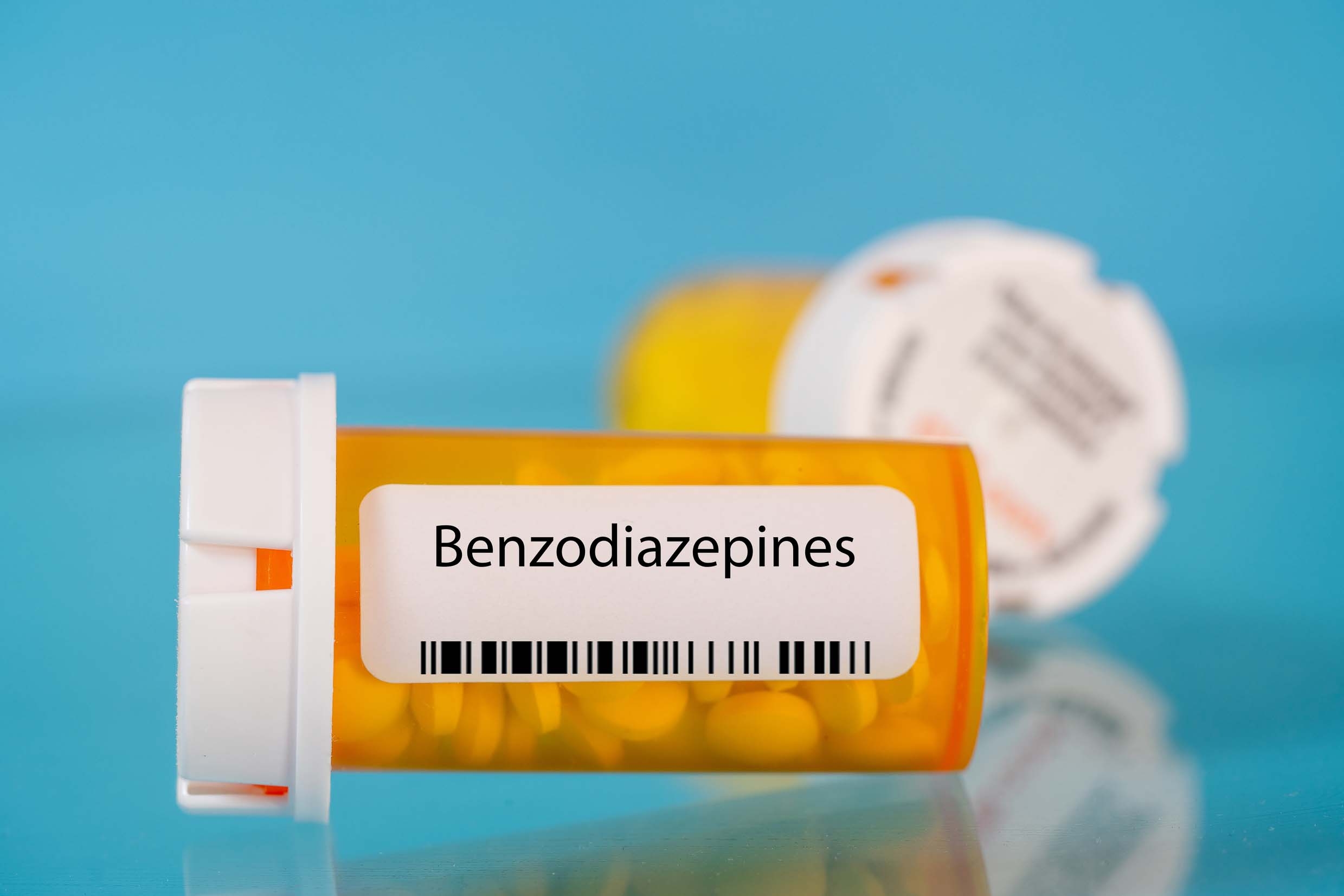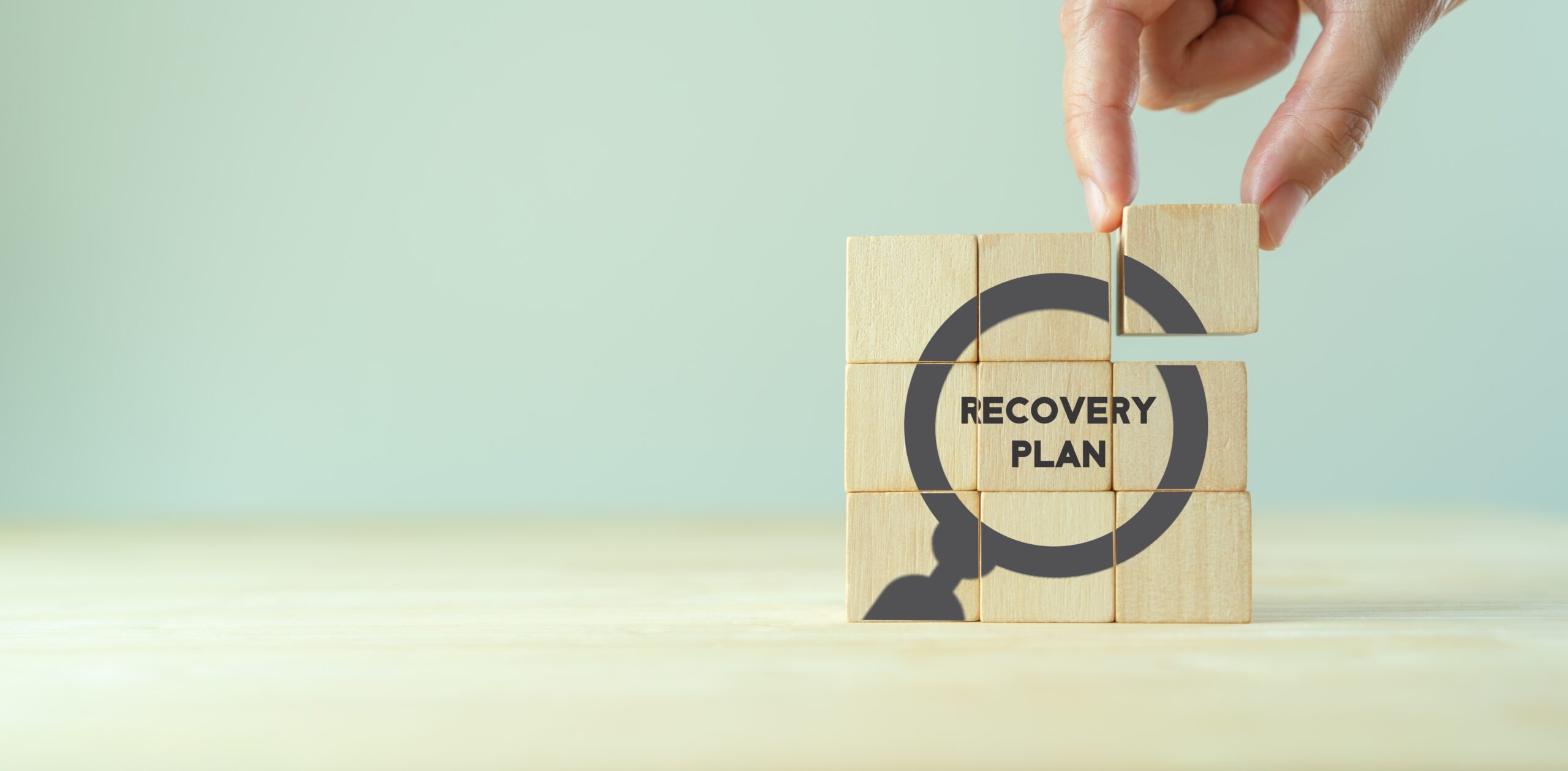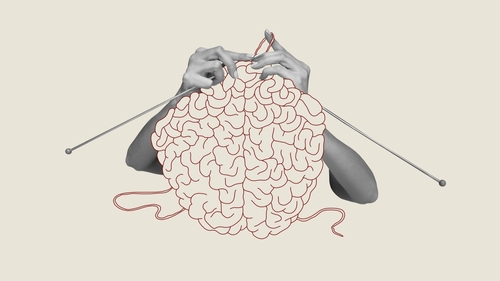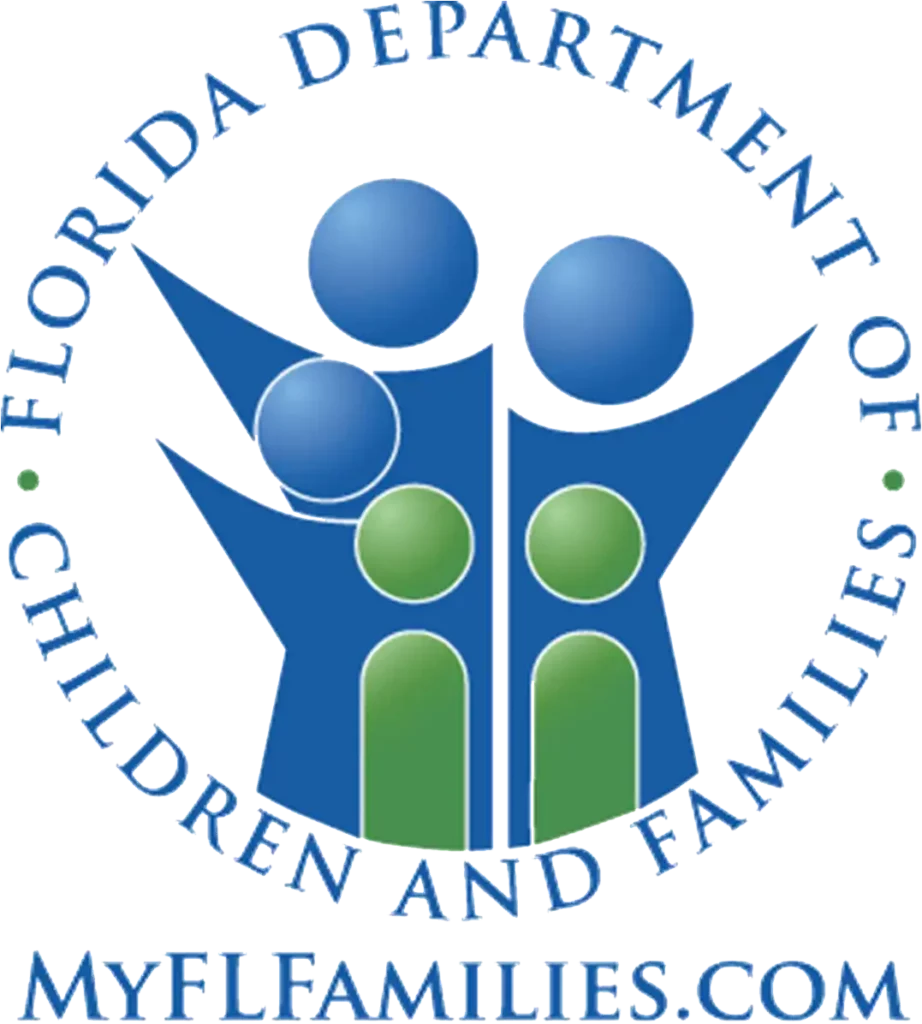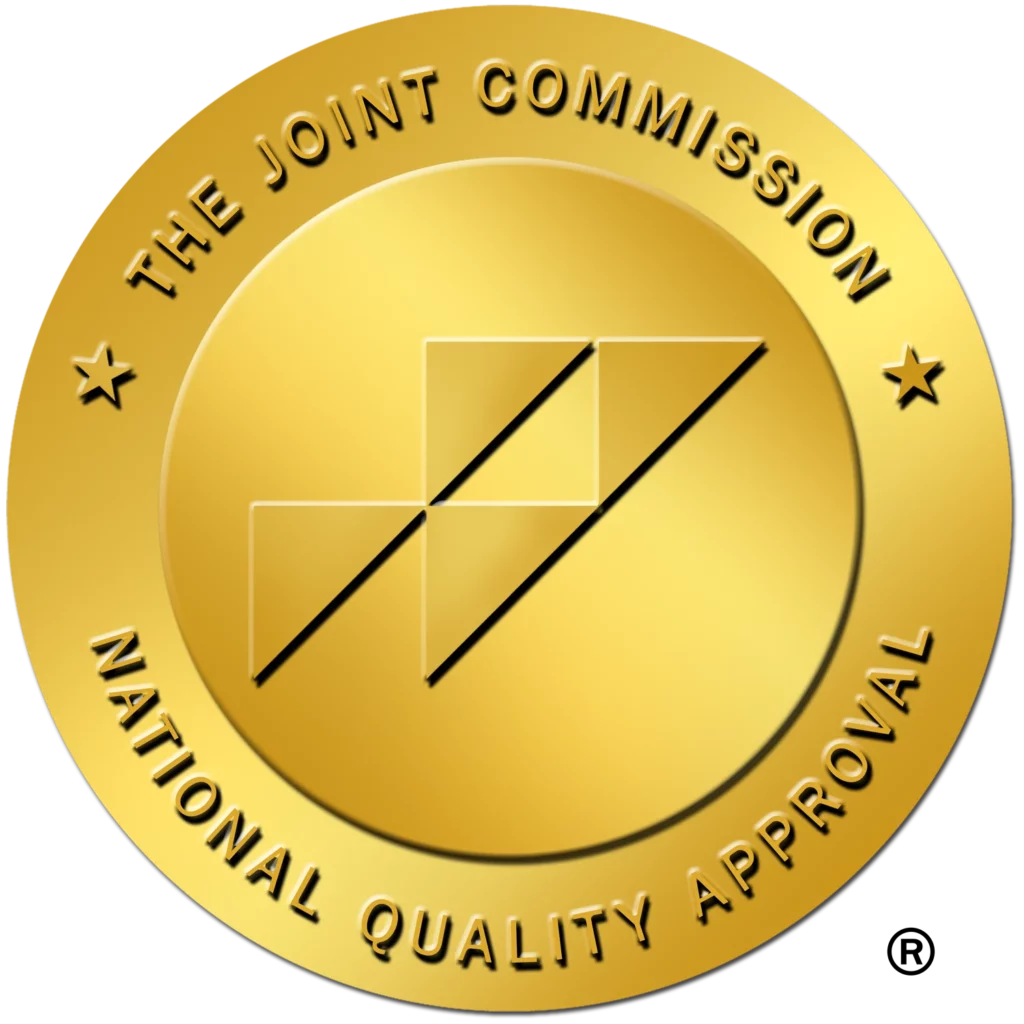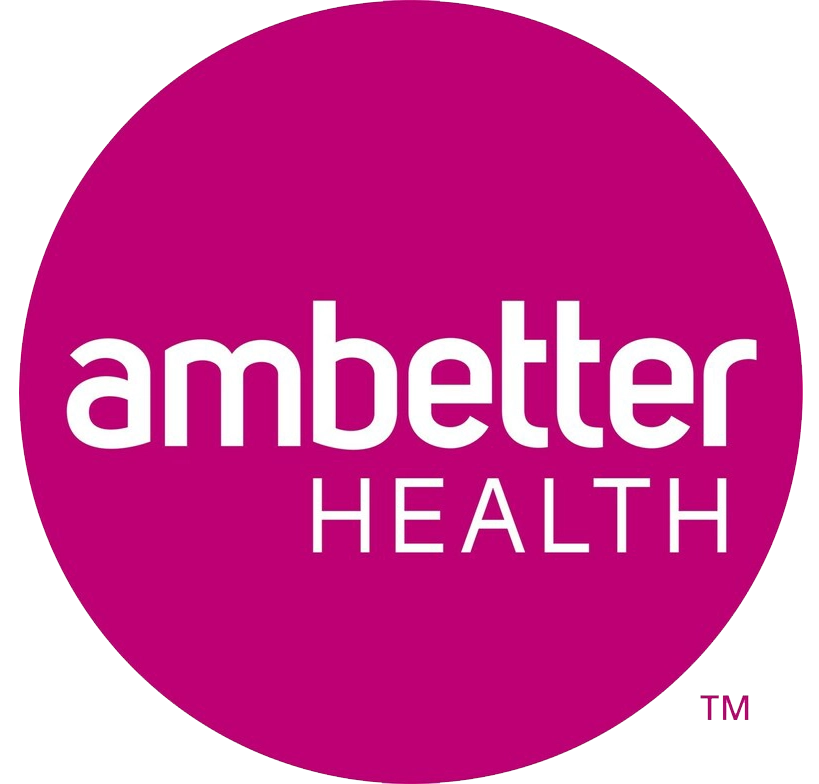How Do Process Addictions Differ from Substance Use Disorders?
This entry was posted in Addiction Recovery and tagged behavioral addiction, how do process addictions differ from substance use disorder, process addiction, process addictions, substance use disorder on December 30, 2019 by Justin Baksh, MS, LMHC, MCAP, Chief Clinical Officer.

Although the key that turns the door is different with each, process addiction and substance use disorder have a lot more in common than you might think. Both activate the brain’s reward pathway, with dopamine acting on the nucleus accumbens to provide a chemical payoff.Over time, changes to the brain which occur in both addictions set the stage for intense cravings and increasing tolerance (as well as reduced willpower in the face of triggers). Eventually, as these addictions progress, serious, negative life consequences begin to occur.
The difference comes down to this: With process addiction, the individual repeats an activity or behavior to get the desired effect; with substance use disorder, drugs and/or alcohol are the vehicle of choice.
Unfortunately, an individual can become addicted to a process or behavior, just as they can with a substance.

Why It’s Harder to Recognize a Process Addiction
Substance use disorder is obvious and straightforward: A person is either using a substance on a regular basis or not.
However, process addictions are much harder to spot because they involve behavior… behavior that is even socially acceptable.
For example, over 42 million travelers descend upon Las Vegas each year, many of whom participate in some type of gambling during their stay. In other places where gambling is legal, folks may visit a casino on a night out. Some others may play weekly bingo or buy a lottery ticket when the jackpot tops $10 million or more.
So gambling is legal, accepted, and even expected in some cases. Where do you draw the line?
Probably at the same place we do for substance use disorder: It crosses into addiction when there are serious malfunctions and consequences unfolding in an individual’s life.
In fact, some indicators of a substance use disorder can be observed in an individual with a process addiction. They are:
- An inability to control the behavior/activity and to function in or fulfill obligations of their personal, family and work lives
- Preoccupation with the behavior/activity
- Repeated yet unsuccessful efforts to stop the behavior/activity
- Significant portions of time are lost to the behavior
- Insistence on continuing to participate in the behavior, even though significant negative consequences are occurring
- A withdrawal from family and friends
- Increasing negative effects as the addiction gets worse over time
Does the above sound familiar to you? If you continue to participate in an activity or behavior, despite its serious negative effects, you may have a process addiction.
Process addictions can include:
- Gambling
- Internet addiction
- Sex addiction
- Exercise addiction
- Eating addictions
According to the American Society of Addiction Medicine, all forms of addiction – whether it be an addiction to a behavior, an activity or a substance – are chronic brain disorders.
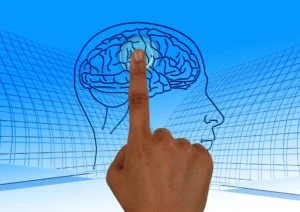
How Addiction Rewires the Brain
Addiction is not a matter of willpower. It is not a moral failing. Addiction hijacks the brain, changing its structure and its function.
In real life, you have to work to achieve a goal or reward. This achievement leads to a chemical reward in the brain, making us feel good and driving us to achieve more.
However, when we use a shortcut to that feeling – either through a drug or a behavior – the chemicals released can be overwhelming. In fact, drugs (and other activities such as gambling, etc.) can provide a quick jolt of up to five or ten times the amount of dopamine you’d get naturally.
This overstimulates this reward circuit, leading the brain to adapt to this onslaught by cutting down on its production of dopamine as well as its number of dopamine receptors.
Consequently, naturally occurring dopamine has less of an effect, as does the amount of drugs or time spent on the activity. Tolerance has increased, and now more of the drug or the activity is needed to achieve the same “high.”
At the same time, addiction causes the prefrontal cortex to become less active. This area of the brain is responsible for decision making and judgment. It’s our Chief Executive Officer, keeping us in check by putting the brakes on before we do something unhealthy or unwise. When the CEO slows down or becomes less active, it can lead to a loss of control over the addiction as well as an increased willingness to indulge in illegal behaviors in order to feed that addiction.
The hippocampus also reinforces the addiction by creating memories of the rush of pleasure felt when indulging in the addiction. Finally, whenever you are around certain stimuli such as a heroin needle or a slot machine, the amygdala will kick in with its preconditioned response, also driving you to indulge in the addiction.
On top of this, dopamine interacts with glutamate, affecting the brain’s reward learning system so that activities we must participate in (eating, for example) are inextricably linked with the feeling of pleasure or reward, so that we continue to live another day. When addictions come into play, this system is overloaded. As you can imagine, this is how a want (to do drugs, to gamble, etc.) becomes a need. The addict feels “I must get high,” and it will be the priority one as long as he or she is in the throes of addiction.
All of is why addiction recovery is so challenging. You are literally fighting your own brain in attempting to overcome it.
RELATED: How Drugs and Alcohol Affect the Brain (and Can you Recover from the Damage?)
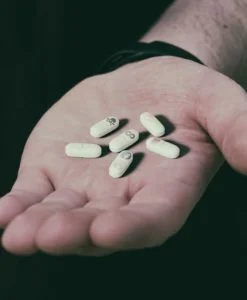
Having a Process Addiction Ups Your Chance of Developing a Substance Use Disorder
Addressing process addictions is not just about improving quality of life. Unfortunately, many people affected by addiction struggle with more than one.
Research shows that having a process addiction can make you anywhere from 15% to 64% more likely to have or develop a substance use disorder, depending on the type of process addiction you have.
(Sex addicts have the highest rates of substance use disorder – 64% – than do those with other process addictions; exercise addicts have the lowest at 15 to 25%). Still, the rate of addiction in the general population is only 10%, so the difference in risk can be significant.
Having both a process and a drug or alcohol addiction also means that negative life consequences can get much worse, much more quickly. For example, those who gamble and are addicted to drugs or alcohol will take even greater risks and become even more impulsive.
Finally, having both a process addiction and a substance use disorder puts you at a higher risk of developing a mental illness such as anxiety or depression.
Treatment is the Answer
Addiction is addiction. People tend to focus on the substance or the behavior, but addiction operates in the brain in the same way no matter what a person is addicted to. Treatment is needed in order to break free, and many substance use disorder treatment centers will also treat any co-occurring process addictions. As you can imagine, the chances for achieving lasting recovery are greater when all addictions are treated. The key is to be honest with your addiction counselor, and to follow through with their recommendations. You will not be the first person, and likely far from the last, to recover from more than one addiction.
RELATED: Five Things an Addiction Counselor Wishes You Knew About Your Drug Addict Son or Daughter
Where to Get Help for Family Members of Drug Addicts
Before & After Drug & Alcohol Rehab Photos and Testimonials

